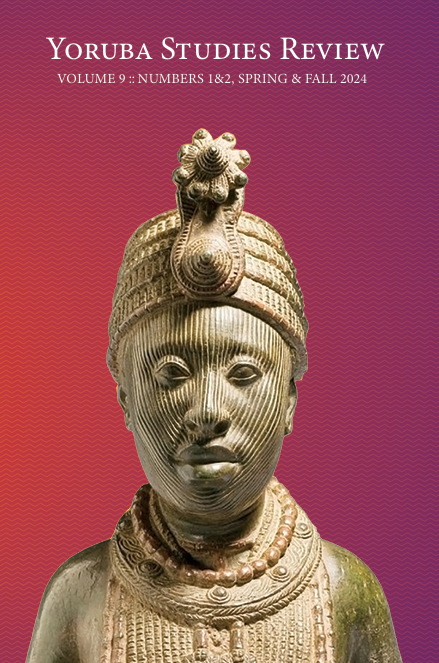Abstract
The thrust of this paper is the critical analysis of Àlọ Ń Lọ, a collection of Yorùbá poetry, written by Jíbọ́lá Abíọ́dún, employing poetics, as our theoretical framework. The forty-three poems in the book, divided into five parts, are our primary source of data. Using their contents as criteria, the poems have been reclassified into four groups namely: political, sociological, philosophical, and nature. We have observed in the book that Abíọ́dún’s poems are ideological, and his commitment made him dedicate his art to the advocacy of certain beliefs especially to those which are political and in aid of social reform. Apart from politics, the belief of the artist includes, moral, religious, aesthetics and their literary consequences.

This work is licensed under a Creative Commons Attribution-NonCommercial 4.0 International License.
Copyright (c) 2024 Olagoke Alamu, Adekemi Taiwo
